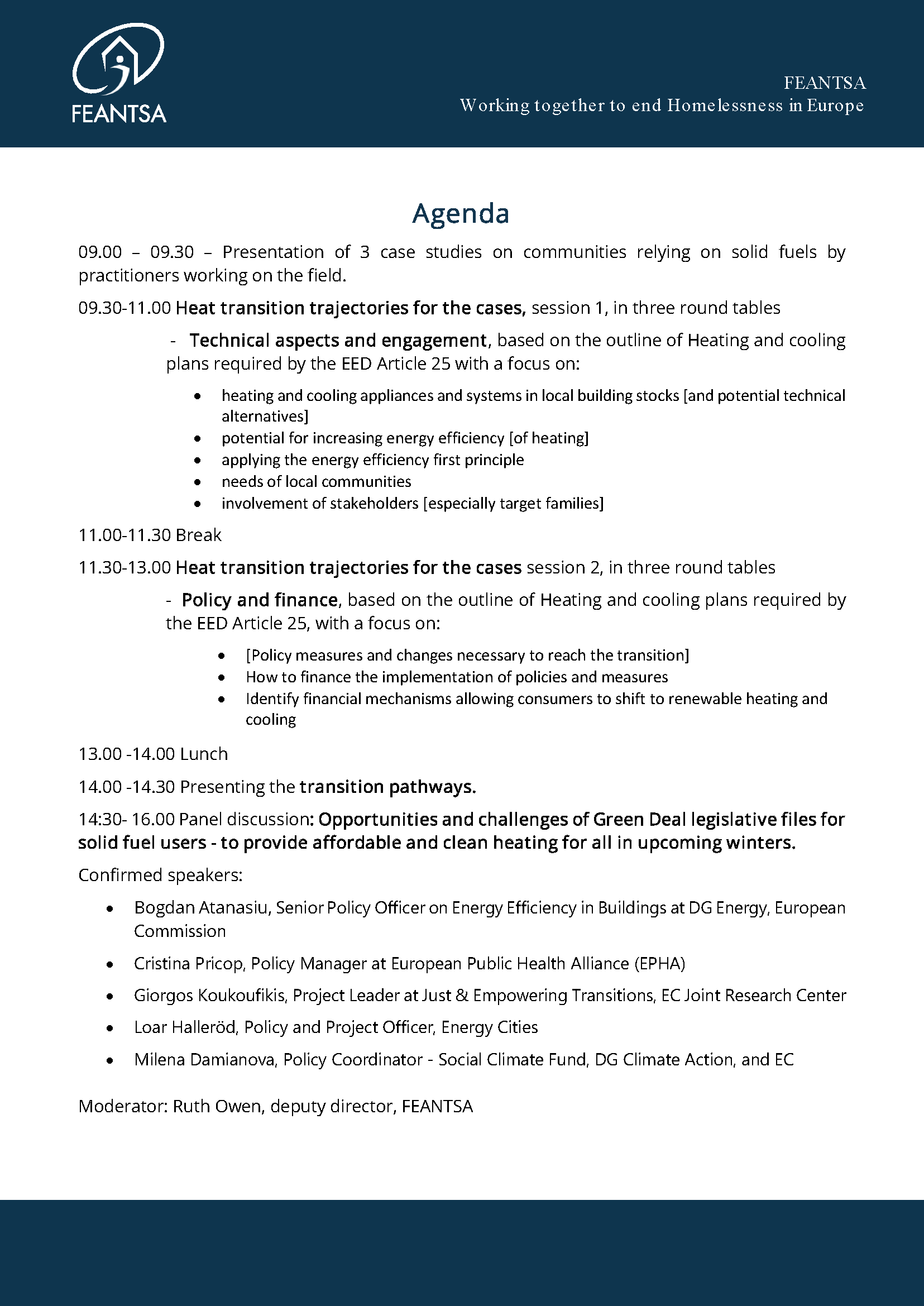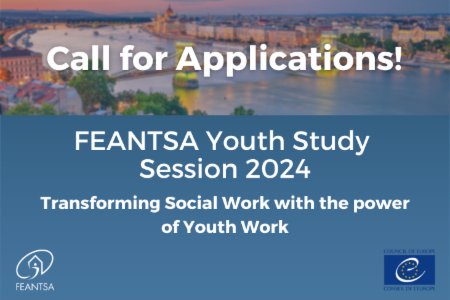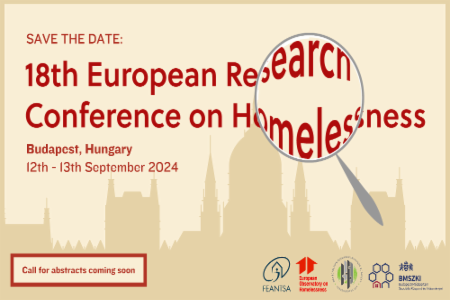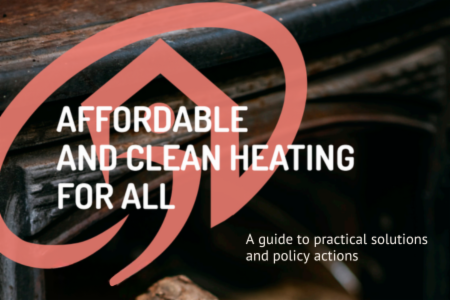Affordable and clean heating for all?
Winter workshop and debate on an inclusive heat transition
Date: 6th of December
Time: 9.00 – 16.00
Location: Maison de La Poste, Room Maritime (Tour and Taxi)
Rue Picard 5/7, 1000 Bruxelles
Heating represents nearly two-thirds of households' energy consumption in the EU, while 75 percent of European buildings are inefficient. An important share of European households rely on solid fuel heating such as coal and biomass. Solid fuel heating is predominant among the lowest-income groups in many EU member states. Coal heating is to be phased out to reach decarbonisation targets. Biomass is on the one hand a major contributor to renewable energy use statistics, it is however, simultaneously a major source of indoor and outdoor air pollution when burnt in homes. Firewood or coal heating is often a labor-intensive, time-consuming, and polluting form of heating. Solid fuel heating can be overrepresented in the worst-performing buildings and associated with the use of obsolete and inefficient boilers and iron stoves. The current energy crisis has seen the overall demand for biomass increase exponentially as higher-income groups seek cheaper or sustainable energy sources. Consequently, firewood prices have skyrocketed in some countries, making heating even less affordable for many of the poorest households, who have no other heating options but to burn wood logs or coal in their stove or boilers.
Transition to decarbonised and clean heating systems and the reduction of energy needs of buildings are key policy measures of the green transition. They provide a historic opportunity to lift households out of energy poverty and provide affordable and clean energy. At the same time, the renovation of the unfit housing stock and the switch to clean heating sources represent a key social challenge in terms of funding, engagement, and technology and guarantees are necessary not to leave anyone behind. 2023 was a significant year for the transition as multiple EU legislative files have been accepted or updated or are on their way to being updated. Directives on energy efficiency, energy performance of buildings, renewable energies, and emission trading, together with the social climate funds are all directives that can directly or indirectly impact the lives of solid fuel users.
Objective
This event aims to explore the opportunities and challenges of solid fuel users living in the worst-performing stock in light of the policy developments in 2023 in the form of a high-level panel discussion. Three cases of selected vulnerable communities relying on solid fuels will be presented at the event and clean heat transition trajectories will also be developed for them by social, technical, policy, and financial experts in the format of a workshop.
Participants
The event will bring together EU policymakers, relevant EU stakeholders (financial experts, green and social NGOs, the heating industry), and practitioners working with solid fuel user households.
If you would like to attend, please register here before the 30th November.
Read the full details and agenda here [PDF]







